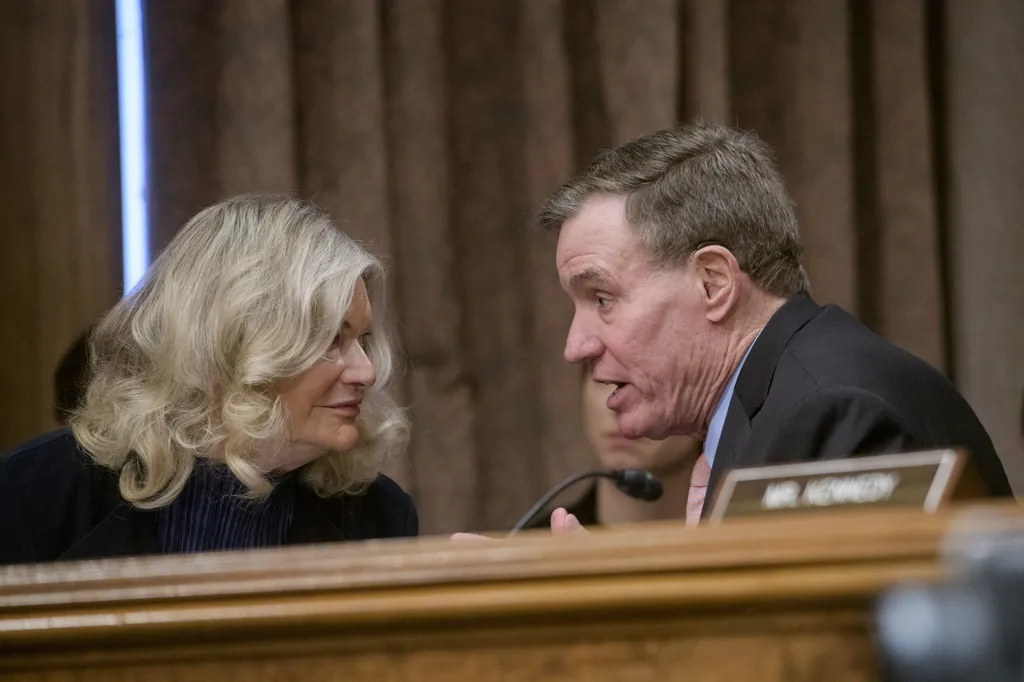On November 11, 2025, the Senate Agriculture Committee released a bipartisan discussion draft outlining proposed changes to the regulation of U.S. digital asset markets. This development marks a significant step in the ongoing effort to establish a clear regulatory framework for digital assets, building upon previous legislative attempts such as the House’s CLARITY Act.
The draft bill aims to address the jurisdictional ambiguity that has long plagued the digital asset market. It proposes a structured approach to classifying and overseeing digital assets, granting the Commodity Futures Trading Commission (CFTC) exclusive jurisdiction over digital commodities and spot markets. Concurrently, the Securities and Exchange Commission (SEC) would retain its jurisdiction over digital asset securities. This bifurcated approach seeks to provide clarity and stability to market participants by delineating the roles of the two primary regulatory bodies.
One of the key provisions of the draft requires trading venues, brokers, dealers, custodians, and clearing firms dealing in digital commodities to register with the CFTC. This requirement mirrors the registration processes in traditional financial markets, aiming to bring a similar level of oversight and accountability to the digital asset space. Additionally, the draft introduces a new process for issuers to certify that a digital asset qualifies as a commodity, subject to SEC review. This certification process is an evolution of the model proposed in the CLARITY Act, incorporating more inter-agency checks to ensure robust oversight.
Stablecoins, however, are notably excluded from this framework and will be addressed under separate legislation. This exclusion reflects the unique characteristics and regulatory challenges posed by stablecoins, which require a distinct approach.
Comparing the Senate draft to the CLARITY Act reveals both similarities and differences. Both proposals aim to resolve jurisdictional ambiguity and foster innovation within the digital asset market. However, the Senate draft demonstrates stronger bipartisan coordination and a more CFTC-focused framework. The CLARITY Act grants issuers greater leeway to self-certify the status of their digital assets, whereas the Senate draft introduces more rigorous inter-agency checks into the certification process. Despite these differences, both proposals reject a “regulation by enforcement” approach in favor of clear, public rulemaking.
McMillan LLP, a leading business law firm with expertise in digital assets and blockchain technology, closely monitors these developments. While McMillan does not practice U.S. law, the firm’s cross-disciplinary team provides comprehensive counsel on the evolving regulatory landscape. Their expertise spans various fields, including litigation, securities regulation, capital markets, and technology, among others. By staying ahead of digital innovation and cross-border policy shifts, McMillan supports clients in anticipating change, managing risk, and identifying new opportunities in the digital economy.
The release of this bipartisan discussion draft signifies a pivotal moment in the regulation of digital asset markets. As the legislative process unfolds, stakeholders will be closely watching to see how these proposals evolve and what impact they will have on the broader digital asset ecosystem. For now, the draft provides a glimpse into the future of digital asset regulation, highlighting the ongoing efforts to create a clear, stable, and innovation-friendly framework.

